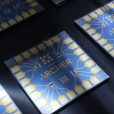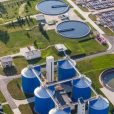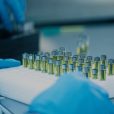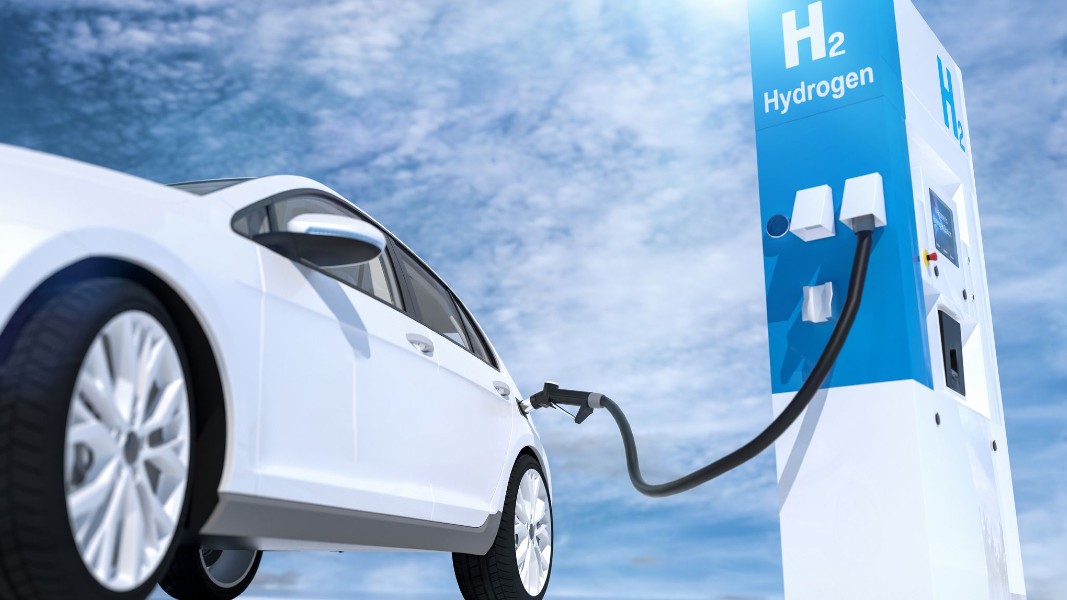When it comes to environmentally-friendly vehicles, right now, electric ones take the top spot. However, with the sustainable movement in full force, companies are not stopping at that. In fact, Japanese tech giant Panasonic is experimenting with hydrogen-fuelled vehicles to dethrone EVs. And to do that, it has chosen energy and resource tech company Environmental Clean Technologies’ (ASX: ECT) Bacchus Marsh site.
Panasonic will be utilising ECT’s site over a three-year period, while ECT provides Clean Hydrogen using its COLDry technology, a drying method for high moisture content. Panasonic is a market leader in the development of fuel cells and has selected this site for a trial of their hydrogen fuel cell for clean hydrogen use in support of the global rollout of their new generation Hydrogen Fuel Cells. These cells will turn hydrogen into electricity and power.
ECT Managing Director, Glenn Fozard, commented, “Hydrogen Fuel Cells add flexibility to the despatching of produced hydrogen on-site, reducing our need to seek solutions for storage whilst still allowing continuous production. This is an opportunity for ECT to become a player in the next generation of hydrogen fuel cell technology and demonstrate the transition to a carbon-free world using hydrogen.”
Panasonic Australia has brought on equipment supplier Optimal Group to install, commission, maintain and provide training to ECT on fuel cell operation. As per the report, this agreement is an important milestone for ECT, as it reinforces the company’s goal to develop clean Hydrogen from its Bacchus Marsh facility. The trial will commence in December 2022.
The field trial of the Panasonic Hydrogen Fuel Cell technology will serve as a kick-off point for the Company’s more all-encompassing COLDry Demonstration and Net Zero Hydrogen Project at JBD Industrial Park, in Bacchus Marsh, northwest of Melbourne. Moreover, the Company is also progressing with its COLDry Commercial Demonstration Project (“Bacchus Marsh Project”) which will demonstrate a range of solutions it offers. This includes clean hydrogen for energy and industrial chemicals from lignite and biomass, agricultural char for soil health and food security and battery active carbon to support the diversification of critical minerals.
ECT plans on using the hydrogen in a variety of ways besides Panasonic’s fuel cells. The hydrogen produced will be used in hydrogen vehicles, fertilisers and formic acid production to gauge its effectiveness. Hydrogen can also be used for stationary electricity production, to power on-site activities or for export to the grid. To achieve this, a hydrogen fuel cell, like the one Panasonic is creating, is needed to convert the hydrogen to electricity. Panasonic has already developed the modular plug-and-play 5kW hydrogen fuel cell, which will enter mass production in late 2022.
If the trial goes well, ECT will get to install larger numbers of fuel cells to manage the load and despatch of on-site hydrogen production, possibly an extremely profitable deal for the Company.
It so appears that an Avengers squad of sustainable vehicles is forming, with the hero origin stories of hydrogen and electric vehicles already in the making. What will be interesting to see is how they convince people to pay up for the more ecoconscious options, especially in Australia where electric vehicle adoption is not great. Can sustainable vehicles win?
- Ovanti’s iSentric signs contracts worth $14.4m with Malaysian commercial bank - June 27, 2024
- Baby Bunting fights back from retail downturn with 5-year strategy, includes Gen-Z focus and self-funded growth - June 27, 2024
- CLEO meets with US FDA to develop strategy for ovarian cancer test launch - June 26, 2024













Leave a Comment
You must be logged in to post a comment.